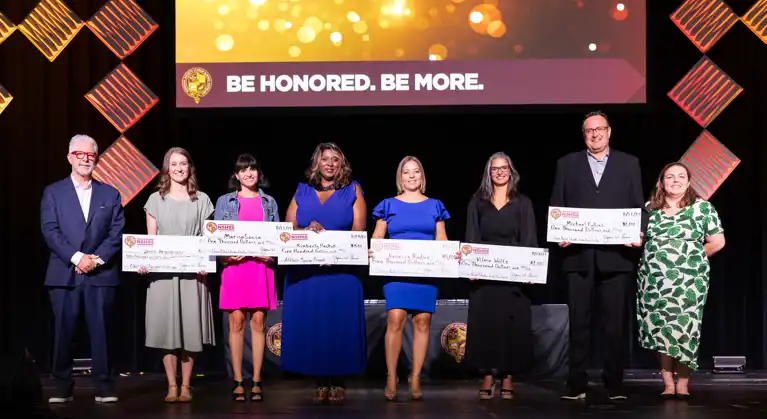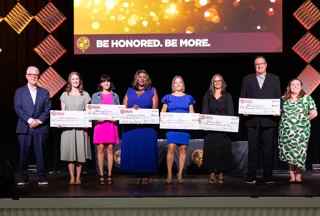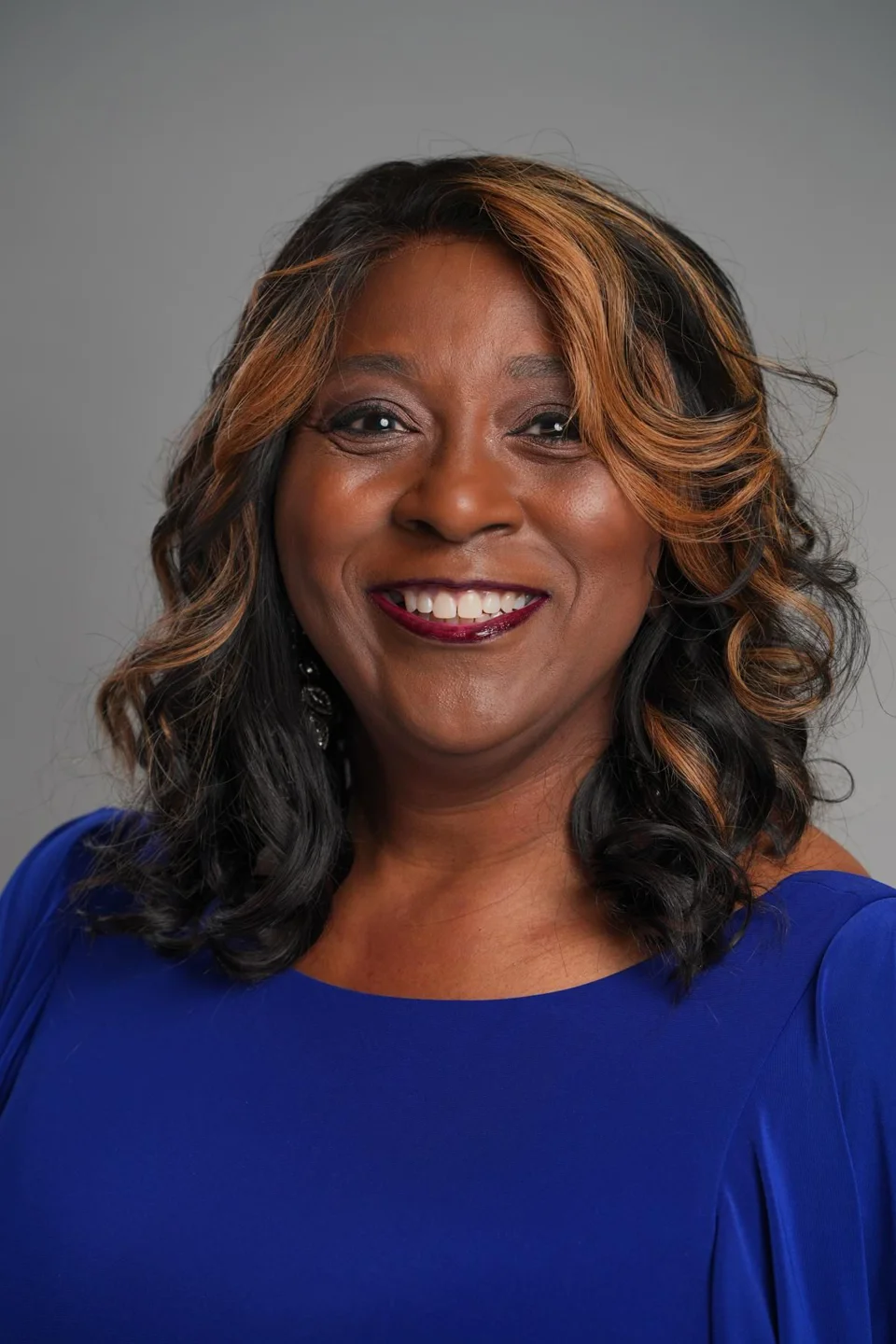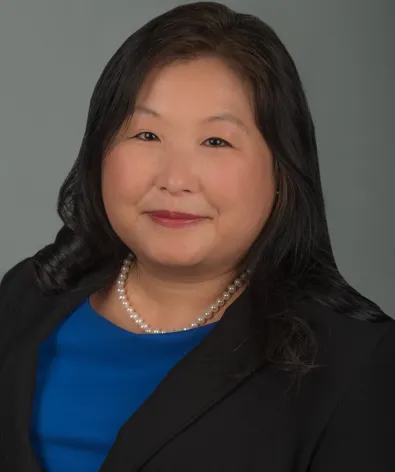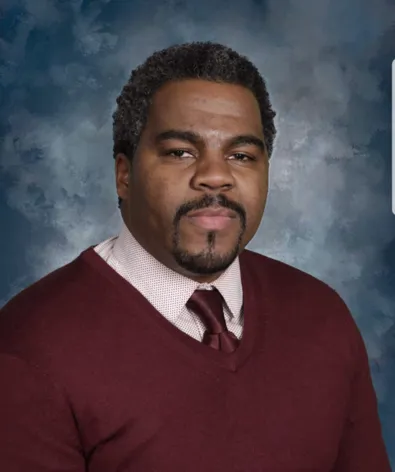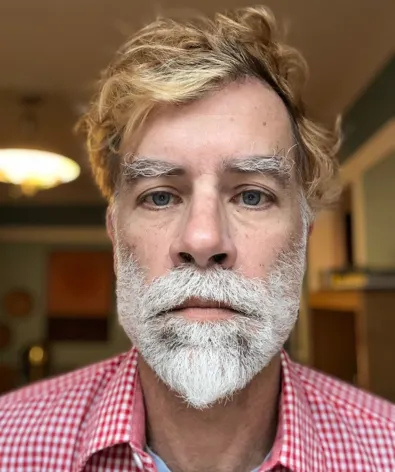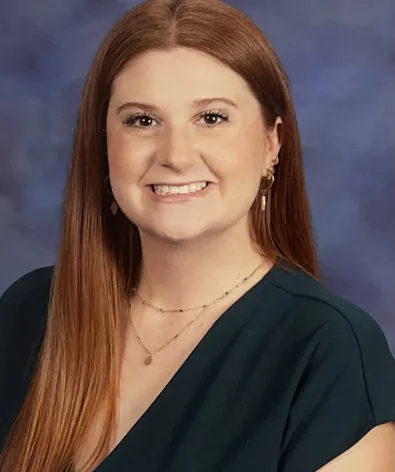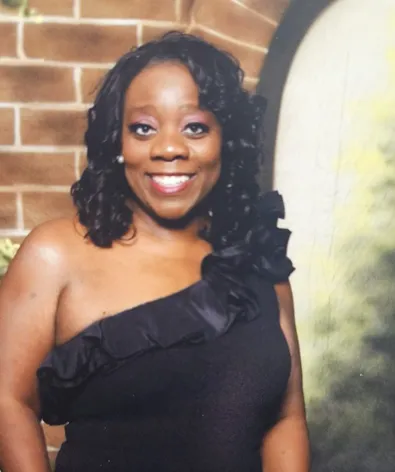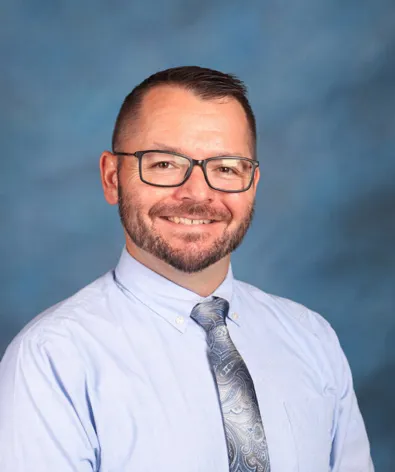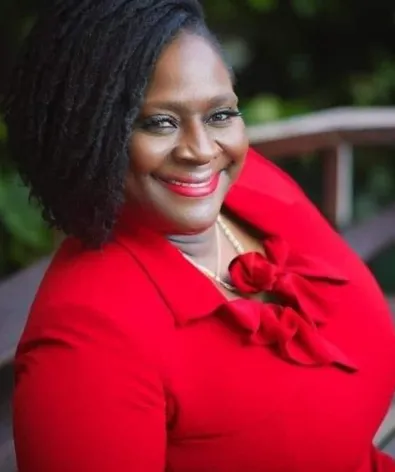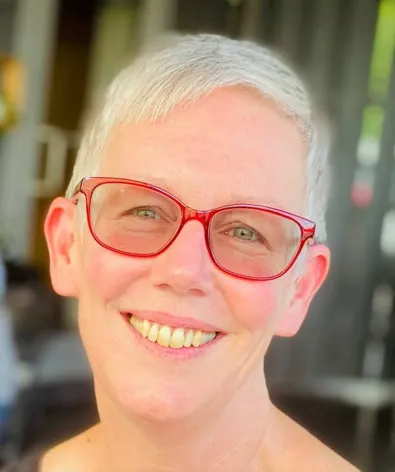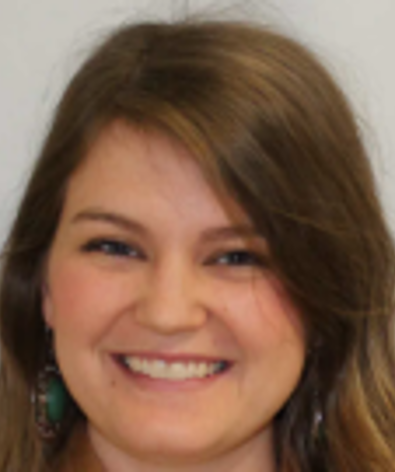May Xiong
May Xiong was born to Hmong refugee parents and came to America in the early 1980s. She was inspired to pursue higher education through the dream her father instilled in her. Being a first-generation student, she navigated the intricacies of higher education with the help of programs like Upward Bound and Early Identification Program. Achieving her goal of being a Secondary English Education teacher, she continued her father's legacy of instilling the importance of higher education as well as the love of learning with her students. After teaching English at Owen-Withee High School in Wisconsin, she went on to give back to the programs that played a vital role in her success in higher education. She is currently a Student Service Coordinator with the Upward Bound program at the University of Wisconsin- Eau Claire. Every summer, she teaches a course for rising seniors to educate them on college preparation procedures, from applying to colleges to researching scholarships. She hopes to enable more first-generation students to "reach for the stars." Outside of her dedication to education, she enjoys outdoor recreation with her husband and three children.
